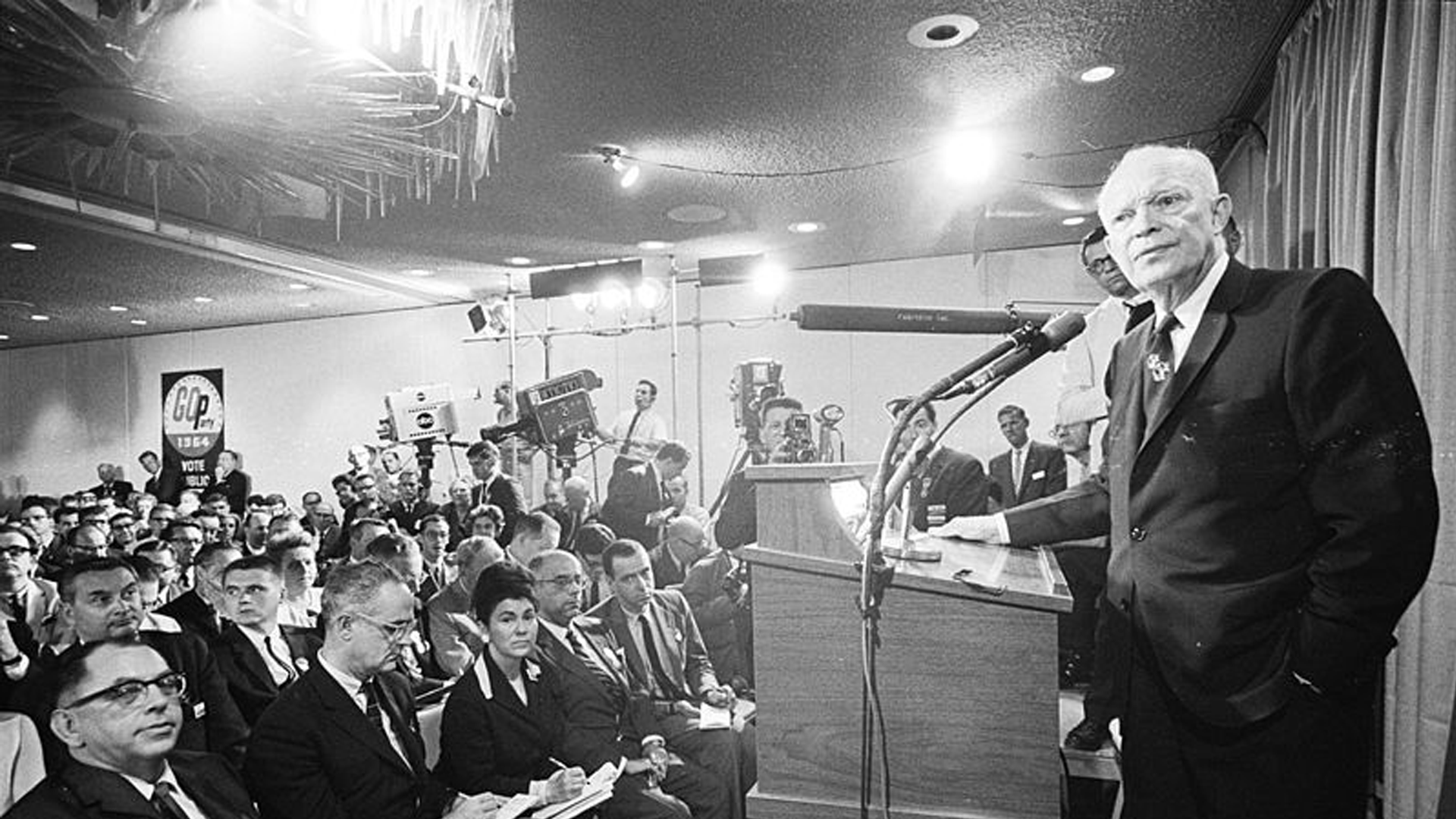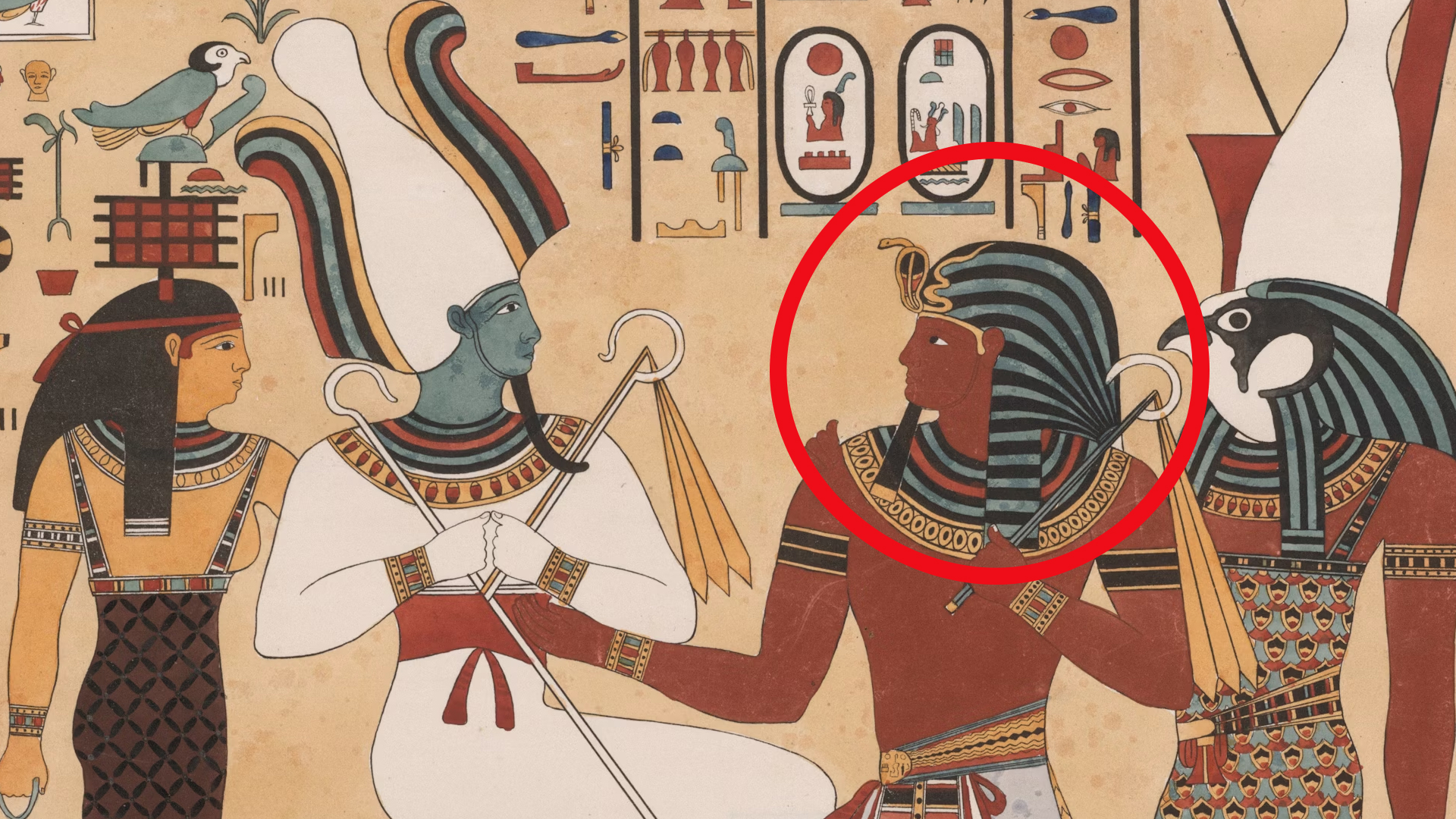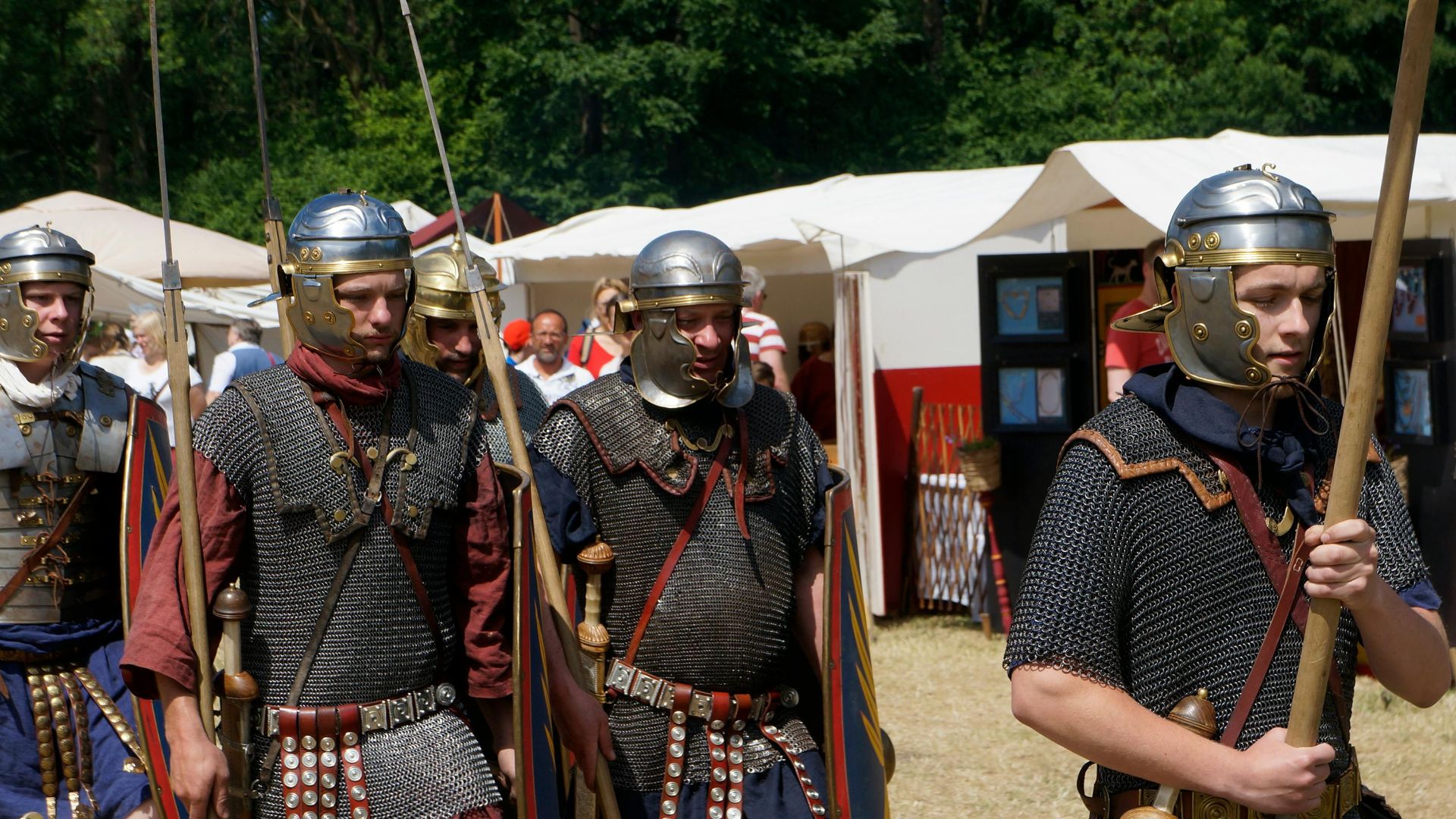Power Built On Stone, Unraveled By Time
Rome is far more than just a city—or even an empire. It’s the shadow on old maps, the arches that still rise in ruined forums, and the language that slipped into half of Europe’s mouths, affecting the trajectory of language for countless civilizations. To speak of the empire is to speak of endurance and fragility at once. At its height, it wrapped around the Mediterranean like a crown, influencing art, philosophy, and culture for centuries to come. And yet, no empire endures forever. What grew into such a colossal force eventually fractured. Here are ten reasons why the Roman Empire thrived, and ten reasons why it fumbled its reign.
 Maria Dolores Vazquez on Unsplash
Maria Dolores Vazquez on Unsplash
1. Discipline Of The Legions
The soldiers weren’t just fighters, they were builders, engineers, and surveyors. A legion could march thirty miles in a day, then throw up a fortified camp before nightfall. Imagine being a ragged tribal band facing that well-oiled machine. It’s no wonder Rome thrived for as long as it did.
 pierrma pietro marini on Pexels
pierrma pietro marini on Pexels
2. Roads, Roads, And More Roads
These impressive multi-layered projects stretched like arteries across continents, the lifeblood of the empire. From Britain to Syria, roads carried grain, orders, and gossip. Walk one of those roads today in rural Italy, and the stones are still there, stubbornly enduring long after the majesty of Rome has faded.
3. The Aqueducts And The Baths
These marvels of engineering allowed fresh water to pour into cities and kept fountains gushing and baths steaming with an eternal supply. With their emphasis on hygiene, Rome made daily life livable. Public baths weren’t just for washing; they were the meeting halls where public discussion and debate took place.
 Alessandro Chitarrini on Unsplash
Alessandro Chitarrini on Unsplash
4. Citizenship As A Weapon
Rome extended rights carefully to a select few, before changes in policy made half the world a Roman citizen. Extending these privileges helped cultivate loyalty among previously conquered people. Imagine being a Gaul, a subjected person, suddenly permitted to vote and own property under Roman law.
5. Pragmatic Government
The Senate debated, emperors decreed, and governors ruled provinces with surprising efficiency. Rome wasn’t afraid to borrow ideas, either. From Greek philosophy to Etruscan rituals, the empire was an avid collector of other nations’ best practices. There’s a reason why Roman mythology is just Greek mythology by another name.
6. Trade That Never Slept
Ships traveled from one harbor to the next, from Alexandria to Ostia, unloading grain, glass, silk, and olive oil. Unimaginable wealth poured into the empire as a result of this massive exchange of goods. A family in Gaul could be drinking wine from Crete, wearing jewelry from Egypt, and cooking with spices from India.
 Hasmik Ghazaryan Olson on Unsplash
Hasmik Ghazaryan Olson on Unsplash
7. The Law As Glue
Roman law wasn’t perfect, but it kept the tapestry of dissimilar nations within its borders under control. Contracts, property rights, and the very idea that written law is stronger than whim were novel concepts at the time. Some of those ideas are still in our courts today.
 Art Institute of Chicago on Unsplash
Art Institute of Chicago on Unsplash
8. A Culture Of Adaptability
Romans weren’t purists. They folded conquered gods into their pantheon, sometimes literally moving foreign statues into their temples. They adopted Greek art, Egyptian symbols, and Persian luxuries without hesitation. Flexibility kept the empire’s identity elastic enough to allow multitudes of cultures to exist within its borders.
9. Military Engineering
The speed at which infrastructure was assembled was astonishing. During periods of war, bridges were built in days, and siege engines hastily rolled to city gates, bringing enemy cities under quick control. The Colosseum was proof of the same genius in the arches, concrete, and precision that made it all possible.
10. Sheer Ambition
Rome wanted more. Always more. They craved control, expansion, and an empire that would never end. That hunger made it unstoppable for centuries. And sometimes, just sometimes, ambition itself is a reason things endure.
Here are ten reasons Rome floundered.
1. Corruption And Rot At The Top
Eventually, corruption and bureaucracy began to erode social institutions. As Rome faltered, senators began to sell their influence, and bribes became law’s shadow. When power became spectacle, the integrity of government fractured.
2. The Weight Of An Army Too Large
The very legions that built the empire drained it through their enormous budgetary requirements. By the fourth century, soldiers outnumbered citizens in some provinces. Paying them, feeding them, and rewarding them with land became a crushing and unsustainable financial burden.
3. Endless Civil Wars
When Pertinax was assassinated after three months, his replacement Didius Julianus only held the throne for two months before he too was killed. At one point, twenty-six emperors reigned in just fifty years, shattering any sense of stability. People grew weary of changing faces on coins.
 Giovanni Battista de'Cavalieri on Wikimedia
Giovanni Battista de'Cavalieri on Wikimedia
4. Barbarian Pressure
As the empire’s outposts weakened, the Visigoths, Vandals, and Huns began pressing in on the frontiers. Sometimes, they sacked whole cities; at other times, they served as mercenaries inside the empire. Rome called them barbarians, but really, they were neighbors who saw weakness and seized it.
 Gustav Droysen This file was derived from: Droysens Hist Handatlas S16 Gallien.jpg on Wikimedia
Gustav Droysen This file was derived from: Droysens Hist Handatlas S16 Gallien.jpg on Wikimedia
5. Overexpansion
An empire that stretched from Scotland’s chilly highlands to Egypt’s deserts was impressive, yes, but impossible to govern effectively. Roads cracked, governors went rogue, and armies were spread too thin to offer adequate protection. As communication lagged between regions, Rome’s influence waned.
6. Economic Strain
Financial mismanagement led to inflation and debased coinage. Combined with heavy taxes that strangled farmers, the Roman Empire became too top-heavy to function. As those on the bottom of the hierarchy fled to the rural countryside to avoid taxes, the system became starved by its own excess.
7. The Division Of East And West
Diocletian thought splitting the empire would save it. The idea worked, although only for the East. Constantinople continued to thrive while Rome staggered. Two centers of power meant two sets of priorities, and the West often drew the shorter straw.
8. The Erosion Of Civic Duty
Once, Romans prided themselves on service, sacrifice, and the public affairs of the state—known as res publica. Later, that sense of duty dimmed, and citizens withdrew from politics, abandoning power to the schemers. Even basic city upkeep faltered, with fountains going dry and forums sitting empty.
9. The Rise Of Christianity
The influence of the early church was incredibly disruptive to the pagan rituals, old gods, and civic religion once tied to Rome’s identity. The new faith gave people hope but pulled loyalty from the empire itself, leading to a subtle unraveling as a new set of priorities disrupted the old way.
10. Natural Disasters And Plagues
Volcanic eruptions, famines, floods, and waves of disease killed one-third of populations in certain provinces. No empire, however strong, can survive when fields are barren and bodies pile up. The natural world itself seemed to turn against Rome in the end.
KEEP ON READING

20 Important Names From World War II You Should Know
Key Players From World War II (For Good or Bad).…
By Cathy Liu Nov 7, 2024
10 Reasons The Roman Empire Thrived & 10 Reasons It…
Power Built On Stone, Unraveled By Time. Rome is far…
By Cameron Dick Sep 17, 2025
The Musical Prodigy: 10 Fascinating Facts About Mozart & 10…
Secrets Behind the Symphony. Wolfgang Amadeus Mozart remains one of…
By Chase Wexler May 5, 2025
The Mysterious "Sea People" Who Collapsed Civilization
3,200 years ago, Bronze Age civilization in the Mediterranean suddenly…
By Robbie Woods Mar 18, 2025
20 Inventors Who Despised Their Creations
Made It… Then Hated It. Inventors often dream big, but…
By Chase Wexler Aug 8, 2025
20 Incredible Items In The British Museum People Say Were…
Mystery In History. The mighty halls of the British Museum…
By Chase Wexler Sep 8, 2025














